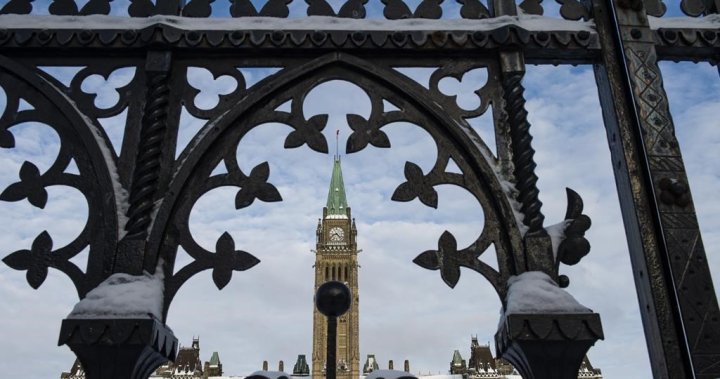
Trudeau has prorogued Parliament. Here’s what that means
Global News
Prime Minister Justin Trudeau said Gov. Gen. Mary Simon has agreed with his request to prorogue Parliament until March 24 as the Liberals hold a contest to replace him as leader.
Prime Minister Justin Trudeau on Monday said he has prorogued Parliament to allow the Liberal Party to hold a leadership contest, and will resign after his successor is chosen.
Trudeau said Gov. Gen. Mary Simon has agreed with his request to prorogue Parliament until March 24.
The move means opposition parties can’t trigger an election with a non-confidence motion before the Liberals have a new leader, and all parliamentary business has stopped.
Speaking to reporters, Trudeau defended his move as necessary to clear a legislative standstill in the House of Commons, and expressed confidence his government would survive a confidence vote when Parliament returns.
“It’s time for a reset,” he said.
“It’s time for the temperature to come down, for the people to have a fresh start in Parliament, to be able to navigate through these complex times both domestically and internationally.”
Here’s what happens during prorogation and how Trudeau’s move compares to past uses of the tool.
Prorogation is the term used for when Parliament is dissolved. All legislation before the House of Commons and the Senate dies, all committees cease to function, and all legislative business ends until the next session begins.













